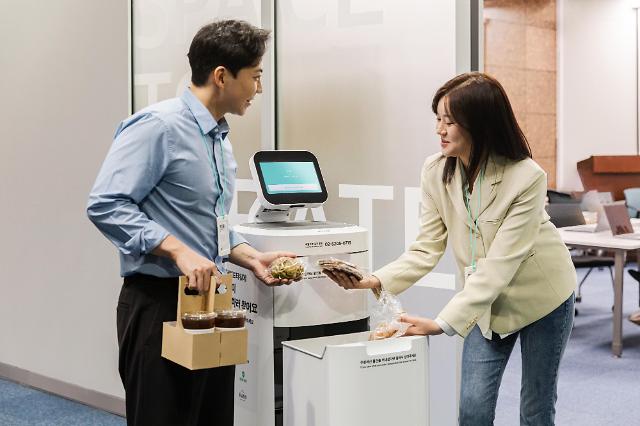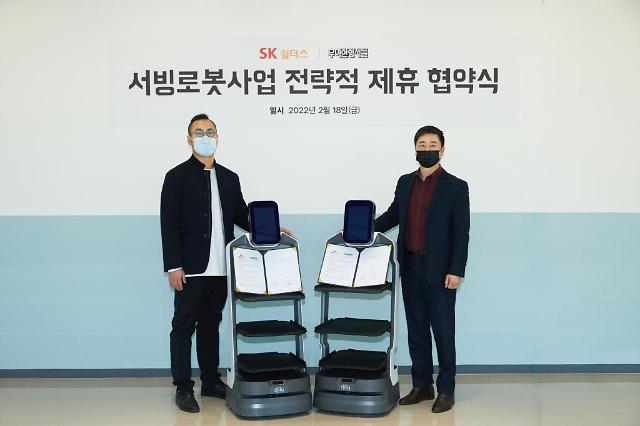
[Courtesy of Woowa Brothers]
According to the Financial Supervisory Service's electronic disclosure system on March 31, Woowa Brothers' consolidated sales in 2022 were 2.9 trillion won ($2.2 billion), and the operating profit was 424.1 billion won. Sales increased by 47 percent compared to the previous year, and operating profit turned into a profit from a loss of 75.7 billion won in 2021.
Woowa Brothers, founded in 2011, rapidly expanded its business thanks to the surge in delivery demand caused by the South Korean government's social distancing campaign that kicked into effect in early 2020. Sales, which were in the 300 billion won range in 2018, increased to nearly 3 trillion won in 2022, expanding by more than 10 times.
However, as the number of orders increased, operating expenses also increased, resulting in a larger deficit. After earning an operating profit of 52.5 billion won in 2018, Baedal MInjok recorded deficits from 2019.
The annual deficit size was 36.4 billion won in 2019, 11.2 billion won in 2020, and 75.6 billion won in 2021. The situation has reversed since last year when the mainstream dine-out market shifted from traditional offline restaurants to online-ordered food delivery services.
During the first few years of the COVID-19 pandemic, Woowa Brothers rapidly increase the number of affiliated stores to drive sales growth. The number of affiliated restaurants has more than doubled from 136,000 at the end of 2019 to over 300,000 by the end of 2022.
As the number of affiliated restaurants increased, the number of orders and payment amounts through Baedal Minjok also increased. The total number of orders increased by nearly three times from 400 million in 2019 to 1.11 billion last year.




